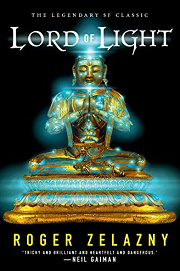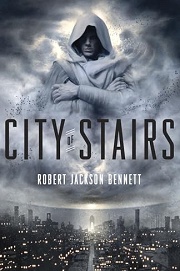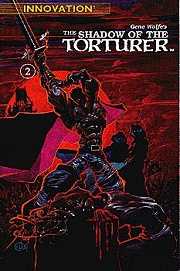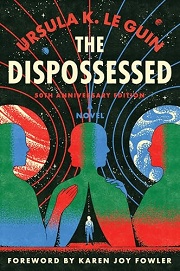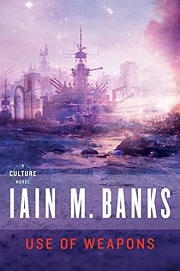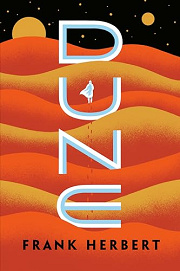Share your thoughts in a quick Shelf Talk!
Lord of Light by Roger Zelazny
"On a world where technology wears the mask of godhood, a singular rebel dares to challenge the heavens with wit, will, and impossible charisma. Dazzling and audacious, Lord of Light fuses myth and science into a cosmic showdown for the soul of a civilization."
Have you read this book? Share what you liked (or didn’t), and we’ll use your answers to recommend your next favorite read!
Love Lord of Light but not sure what to read next?
These picks are popular with readers who enjoyed this book. Complete a quick Shelf Talk to get recommendations made just for you! Warning: possible spoilers for Lord of Light below.
In Lord of Light, did you enjoy ...
... gods entangled with espionage and statecraft?
City Of Stairs by Robert Jackson Bennett
If the way Sam topples the Pantheon by subverting divinity with politics grabbed you—think of his clashes with Yama and the quiet manipulations around Rild—then you’ll love how City of Stairs turns theology into realpolitik. In Bulikov, once-living gods shaped history, and now their miracles linger as dangerous loopholes in law and power. Shara Komayd, a scholar–spy, navigates assassinations, forbidden rites, and diplomatic feints to uncover a conspiracy that could resurrect divine rule. It’s the same intoxicating mix of sacred myth and backroom maneuver that made Sam’s rebellion against the Celestial City so compelling.
... advanced technology perceived as sorcery?
The Shadow of the Torturer by Gene Wolfe
In Lord of Light, the “gods” cloak mind-transfer, reincarnation tech, and energy weapons in ritual and taboo—so that miracles look like magic. Wolfe’s Urth does the same sleight of hand: Severian wanders a dying, far-future world where relics, lenses, and artifacts are treated as arcana. If the Pantheon’s bodies, Aspects, and godly “miracles” thrilled you, Severian’s encounters with forgotten machines and quasi-religious tech will scratch that same itch—mysterious devices with the weight of myth, and a world that mistakes engineering for the divine.
... a rebel’s idea-driven challenge to entrenched orders?
The Dispossessed by Ursula K. Le Guin
If what stayed with you was Sam’s Buddhist heresy—his long game to unseat Brahma and the Pantheon by changing how people think—then The Dispossessed offers that same electric charge of ideas weaponized. Shevek’s journey to bridge two opposed societies isn’t about laser fire; it’s about dismantling the assumptions that keep power in place. As Sam spreads enlightenment to de-legitimize godhood, Shevek spreads a theory that can upend economies and empires. Both books deliver tense confrontations, but the blade is philosophical: freedom, faith, and responsibility sharpened to a point.
... a charismatic schemer whose methods challenge moral lines?
Use Of Weapons by Iain Banks
Sam is no spotless saint—he duels Yama, plays at being a bodhisattva, and bargains with demons like Taraka when it suits the war against the Pantheon. If you relished that moral slipperiness, Cheradenine Zakalwe will fascinate you. In Use of Weapons, a master operative wages asymmetric campaigns for a utopian power, arguing the ends justify the means—until the past he’s edited catches up. Like Sam’s shape-shifting roles across lifetimes, Zakalwe’s identities, tactics, and compromises keep you questioning where heroism ends and hubris begins.
... religion engineered as a tool of empire and revolt?
Dune by Frank Herbert
If the best part of Lord of Light was watching religion built and bent—Sam’s crafted mythology, the Pantheon’s engineered reincarnations, the careful use of taboo—then Dune is a direct hit. Paul Atreides rides the Fremen’s messianic hopes the way the Pantheon rides ritual, turning prophecy into leverage. The Bene Gesserit manipulate belief like the gods of the Celestial City manipulate bodies, and holy war becomes strategy. You’ll find the same heady brew of prophecy, insurgency, and theology-as-statecraft that made Sam’s campaign so irresistible.
Unlock your personalized book recommendations! Just take a quick Shelf Talk for Lord of Light by Roger Zelazny. It’s only a few questions and takes less than a minute.
